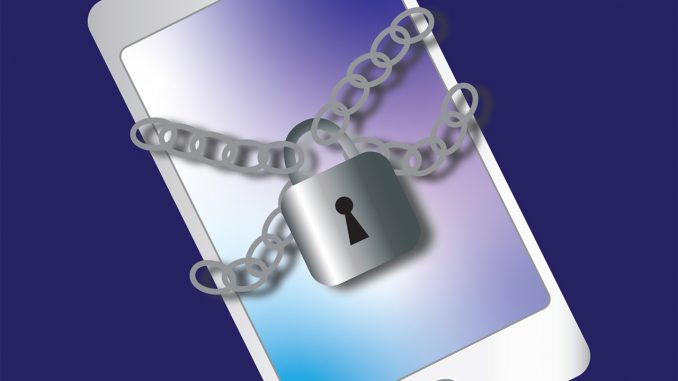

On Thursday, Apple had to release a software update after a teenager discovered a Group FaceTime bug that allowed callers to hear recipients’ audio when calls weren’t answered.
At first, this seemed like a minor issue. No big deal. People using FaceTime are probably friends anyway, and the worst thing that could’ve happened is someone hearing something they weren’t supposed to hear. They’d get over it.
It feels as though software companies are always listening.
A few weeks ago, I met up with a friend from Canada, and we spoke about Alberta, a place I’ve always wanted to visit. Our phones were tucked away, and no one searched for any information online. But two days later, my Facebook and Instagram accounts started offering discounted trips to Alberta, promising me the time of my life.
For some people, this is convenience. The world is customized to fit our needs.
There’s no proof that devices are always listening to us. But I’m still convinced privacy is dead.
Think about it. Between your smartphone, computer, television, Amazon Alexa and all the apps you use, someone could find out everything about you — where you are, what you watch, what you eat, what you like and who you know.
“I protect my privacy by creating a phrase as my password to prevent being easily hacked,” said Trush Patel, a junior computer science major.
Patel said he goes in incognito mode on his internet browser when he doesn’t want his information to be saved.
There is no federal data privacy legislation, according to the Harvard Journal of Law and Technology. The closest the United States got to actually implementing any kind of privacy protection laws was in May 2018, with the European Union’s General Data Protection Regulation, which enforces laws for providing data breach notifications, requiring subjects’ consent for data processing and unifying privacy laws for all residents.
Any company marketing goods and services to EU residents, regardless of its location, has to comply with the regulation, making GDPR global. In fact, Google was fined $5.1 billion by European authorities for favoring its sites in mobile search engines, according to the New York Times.
But I don’t see the “I agree” button as a solution. Among people between 18 and 34 years old, as high as 97 percent agree to terms and conditions without reading it, according to a Deloitte study.
Norway’s Consumer Council launched a campaign where people read the terms and conditions for 33 apps, which is the average number Norwegians have on their phones. It took them more than 31 hours. Reading iTunes’ terms and conditions alone took 193 minutes.
We are guilty of the loss of our privacy. If you looked through my Facebook and Instagram, you can see where I traveled the past year, who I spent the most time with, what I read, where I work and more.
But the real problem with technology is sometimes our information gets shared without our permission.
“Cybercrime is a real issue, and students need to be careful about what they post and where they are using the internet,” said Daniel Bilenker, a technical support specialist at Temple. “Remember that when you share information on the internet or social media, it is extremely difficult to remove.”
Bilenker said that students should not use credit cards and enter personal information on unknown and untrusted public networks and sites.
“We have resources available to notify students of potential threats, and how to deal with them,” Bilenker added.
Anthony Zayas, a junior computer science major, said there is nothing regarding online privacy mentioned in his courses.
“It is not possible to really protect your online privacy besides never using the internet,” Zayas said.
Business Insider listed 2018’s biggest data breaches, including Marriott Starwood Hotels, exposing data of 500 million customers, Exactis of 340 million, MyFitnessPal of 150 million, Quora of 100 million and MyHeritage exposing data of 92 million.
I’m worried about the extent of which my data is available to advertisers or worse.
What can we do besides ditching our smartphones for the old Nokia 3310? Should we turn away from social media and throw Alexa out?
We can take less radical approaches, but I hope more and more people become skeptical about their devices, so we can see this conversation turn into protective action.



Be the first to comment